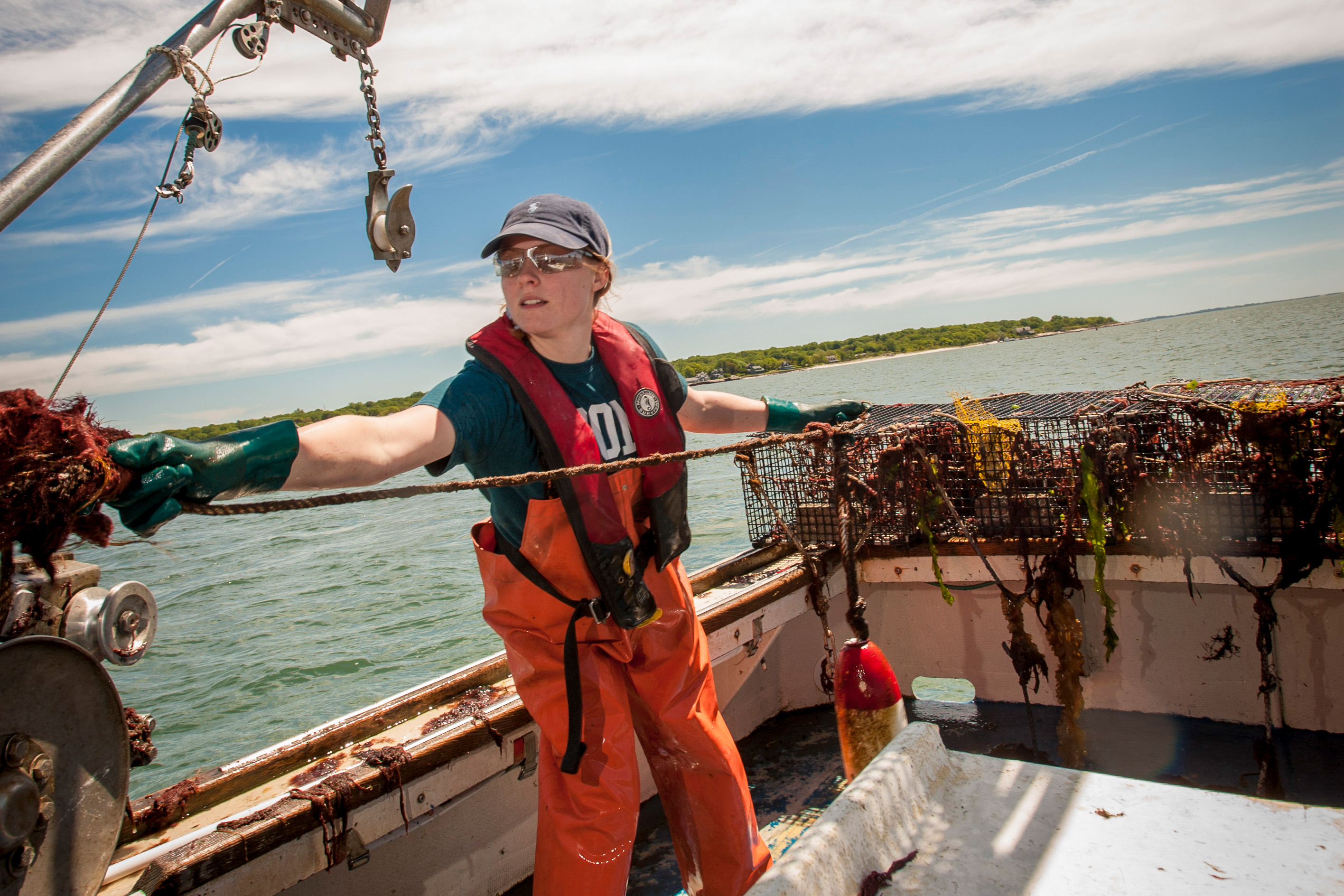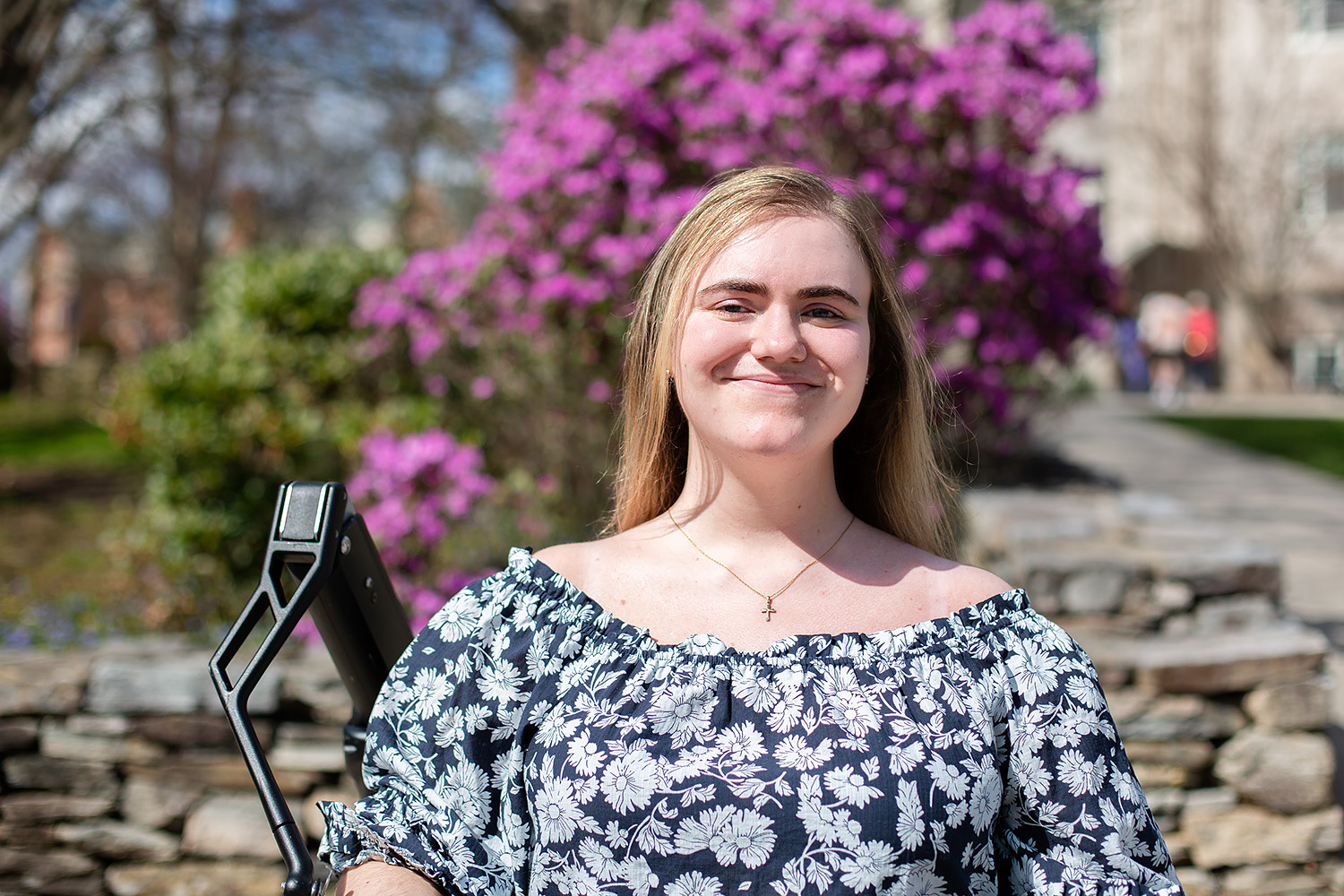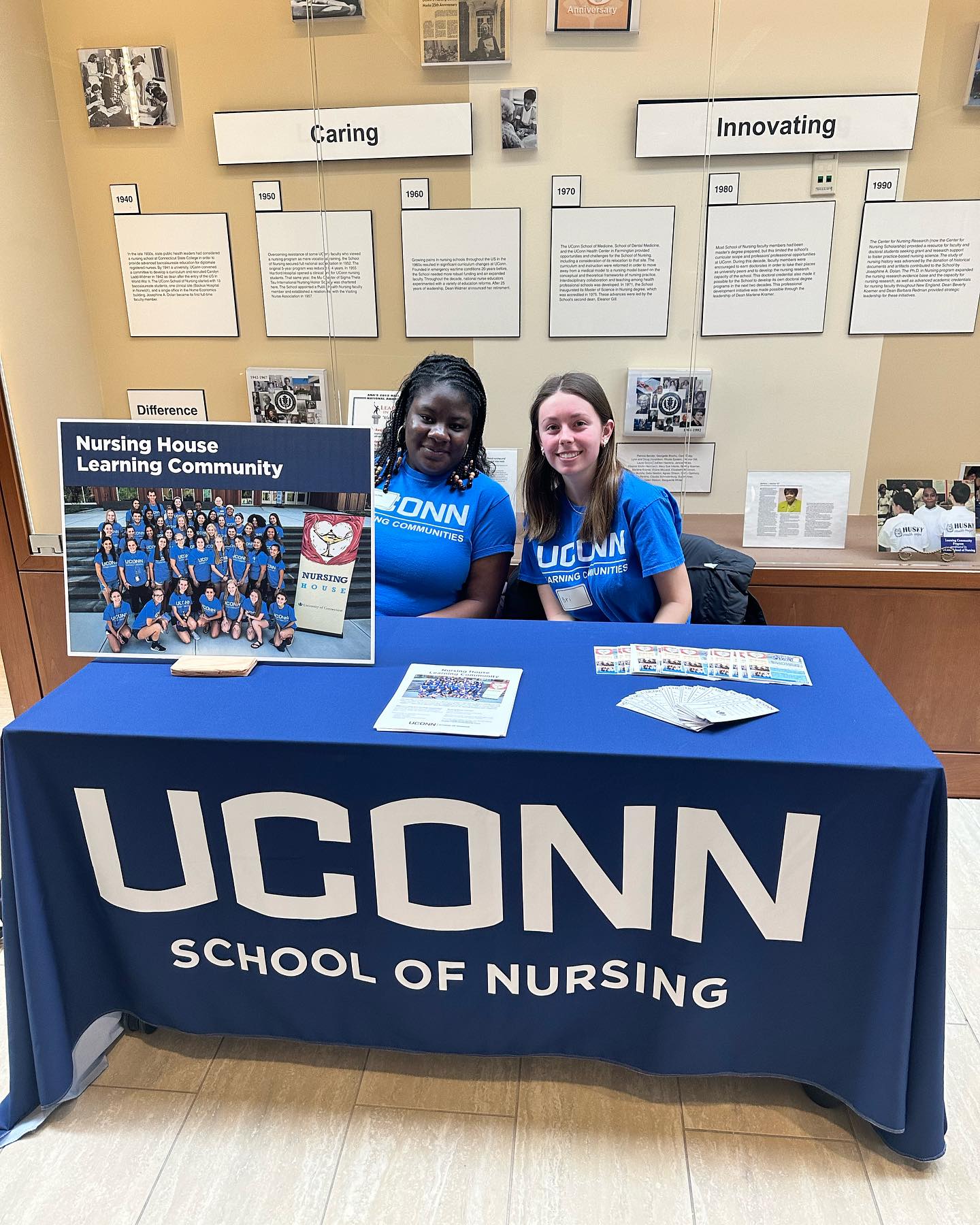The University of Connecticut’s Department of Marine Sciences at Avery Point is partnering with Mystic Aquarium to establish a Research Experience for Undergraduates (REU) program aimed at engaging young scientists in investigations about the marine ecosystem.
Funded by a $284,000 grant from the National Science Foundation, the new program will take advantage of the expertise and collaboration of the two leading research and educational establishments, and will be based at UConn’s Avery Point campus. Mystic is the first aquarium in the nation to be selected by NSF to receive such a grant.
Through the program, which is led by Mystic Aquarium’s chief scientist, Tracy Romano, and UConn Avery Point faculty member in ecology and evolutionary biology Michael Finiguerra, students will engage in research projects investigating the overarching question of how environmental stressors affect the physiology, behavior, and ecology of phytoplankton and marine animals.
“UConn Avery Point has a close relationship with Mystic Aquarium, and that strong foundation positions us to share our regional resources and expertise nationally with deserving future scientists,” says Annemarie Seifert, director of UConn Avery Point. “We are very excited to welcome diverse students from around the country to the University of Connecticut, the Avery Point campus, and our distinct maritime region.”
A total of 24 students – eight per year – will participate in the program, which will take place during the summers of 2017, 2018, and 2019. The project will give students a chance to develop scientific laboratory and field-based research skills. They will receive a stipend, housing, and meal and travel allowances. Participants will be selected based on a personal statement of their interest in marine sciences, academic record, letters of recommendation, and brief explanation of who they would like to work with.
“The base of students for this program will be recruited from underrepresented minority ethnic groups, particularly American Indians and Alaskan Natives, as well as academic institutions where research opportunities in STEM are limited,” says Romano.
Romano and Finiguerra have been working on the concept for several years. Anthropogenic and environmental stressors such as pollution and climate change are increasingly more threatening to marine ecosystems across the globe, further highlighting the critical need for researchers able to understand the impact of these stressors on animals and their ecosystems, Romano says.
Finiguerra, an assistant professor-in-residence, was a sophomore in college when he was involved in a similar program.
“I had some fantastic mentors in that program, people I really looked up to,” he says. “I know the value of mentoring, I know the value of experience from my personal journey. I want to be able to offer that here at our campus.”
Mentors will include marine scientists from both UConn and Mystic Aquarium who specialize in aquatic animal physiology, behavior, and ecological processes. They include Aquarium scientist Paul Anderson and scientists from UConn’s Department of Marine Sciences: Hannes Baumann, Ann Bucklin, Hans Dam, Heidi Dierssen, George McManus, and Evan Ward.
In addition to addressing the central question, students will gain an appreciation for how their project relates to the others, Finiguerra says.
Field trips to the Aquarium will be a big part of the program and will include educational tours, animal and ecosystem exhibit observations, job shadowing, and group professional development seminars. The REU program will culminate in student presentations at the Aquarium for both scientific and public audiences.
“The overarching project goal is to provide students with an immersive research experience that encourages them to pursue postgraduate studies and careers in marine science or other science, technology, engineering, and math (STEM) fields,” says Romano.
Katie Cubina, senior vice president of mission programs at the aquarium, echoes that sentiment. “Through targeted professional development, that includes developing critical and independent thinking and effective science communication skills, we aim to facilitate their success in future STEM careers.”
More information about the program, including the application process, is available at http://www.mysticaquarium.org/reu.



